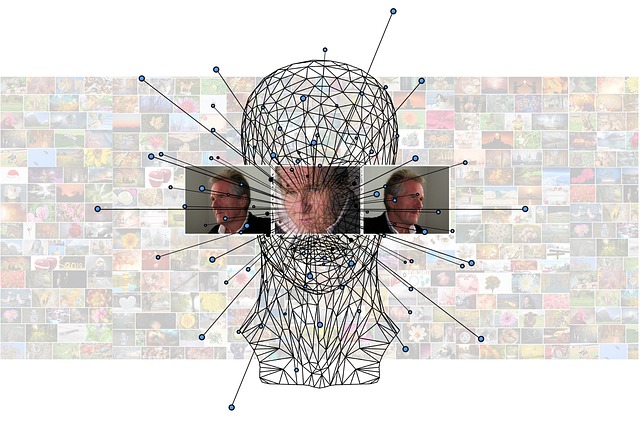The world of algorithm development is constantly evolving, but as we navigate this dynamic field, a pressing concern has emerged: the prevalence of weakened models. These models can lead to significant ramifications, not just for developers but for users and industries that rely heavily on algorithmic solutions.
Weakened models often arise from inadequate training data, insufficient testing, or a lack of understanding of the complexities involved in the tasks they are designed to perform. When algorithms are built on a shaky foundation, the results can be unpredictable, leading to flawed insights and decisions. This is particularly concerning in fields such as finance, healthcare, and social media, where the stakes are incredibly high.
Imagine relying on an algorithm that predicts loan approval based on biased data. This not only affects individuals who may be unfairly denied access but can also perpetuate systemic issues within financial institutions. The emotional impact of such decisions can ripple through communities, reflecting the importance of robust algorithm development.
Moreover, weakened models can erode trust in technology. Users who experience biased outcomes may become distrustful of technological advancements, impacting their willingness to adopt new solutions. In a world where reliance on algorithms is increasing, the implications are far-reaching. It’s imperative for developers to prioritize ethical considerations and transparency in their algorithms, transforming their approach to model creation.
Addressing these issues requires a collective effort. Developers must engage in ongoing education about bias and the ethical implications of their models. Additionally, industries must emphasize the importance of rigorous testing and validation to ensure that the models used don’t just function but do so with fairness and accuracy. Collaboration between data scientists, ethicists, and various stakeholders can create a more holistic approach to algorithm development.
As we push the boundaries of technology, it’s crucial to remain vigilant about the quality and integrity of our models. By doing so, we can prevent the pitfalls associated with weakened models and foster an ecosystem that champions innovation while safeguarding the values of equity and justice.




